New coxswains rarely understand, nor are taught the importance of how they hold their hands and the rudder wires. Today we’re going to look at the Oxford Cambridge Boat Race coxswains and use their expertise to showcase what you should be teaching your coxswains.
This is a guest post by Coxmate – buy the Coxmate SX (GPS Cox Amplifier) on the Rowperfect shop – it’s £64 cheaper than NK Cox Box (R), has more features and can be used with an NK wiring loom harness.
Holding the rudder wires
This is a DELICATE task, it does not require a fist gripping tightly.
First – make sure that your rudder strings or wires have identifiable points which are fixed on the loop of wire This can be the handles, knots in the rope or tape markers. I like to also put a coloured loop of electrical tape stuck against itself like a mini-flag on the exact centre point so the cox can see when the rudder is straight. You can add a corresponding tape marker on the deck below or on stroke’s wing rigger so there’s a visual alignment as well.
As your cox gets more experienced, you won’t need this.
Explain the light touch hold as a means of feeling the boat moving and when steering is happening Remember that an inexperienced crew or one where bow side is stronger than stroke side will also “steer” the boat using power and the cox should be able to feel this in the rudder wires.
As the expert coxswain and tutor, Kayleigh Durm of Ready All Row blog says
“One thing that helps avoid oversteering is making sure you’re holding the strings correctly. Don’t just grip them with your full fist like you’re holding a broom handle or something – you’ve got to ground yourself in some way to the boat otherwise you’re not going to know when you’re making conscious adjustments or when your hands (and in turn, the rudder) are reacting to the boat surging, falling off keel, etc.”
Now that’s a good start – but the cox cannot be continually watching her hands – she’s got plenty else to be looking at. And so an additional aide is to use the side of the boat as a SECOND reference.
By touching the side or flat top of the boat (called the gunwale or sax board) exactly next to where you’re holding the rudder wires, you can tell if you are moving your hands relative to the fixed side of the boat.
Kayleigh goes on to add “I also hook my pinkies over the gunwales. This forces me to make millimetre adjustments at a time and nothing more, which is great for when we’re doing straight-shot pieces or I’m racing. If I want /need to make a larger adjustment then I have to take my pinkies off the gunnels and since 99.9% of my steering these days is auto-pilot, that conscious movement of moving my finger “wakes me up” to the fact that I’m steering and forces me to evaluate why I’m doing it.”
The Boat Race Coxes are Experts
I was watching the 2016 boat race at the weekend and you can clearly see from these pictures how they hold their hands. Each time the camera cut to the cox camera you saw that at least one of their hands was holding the gunwale so they created the static reference point described above.
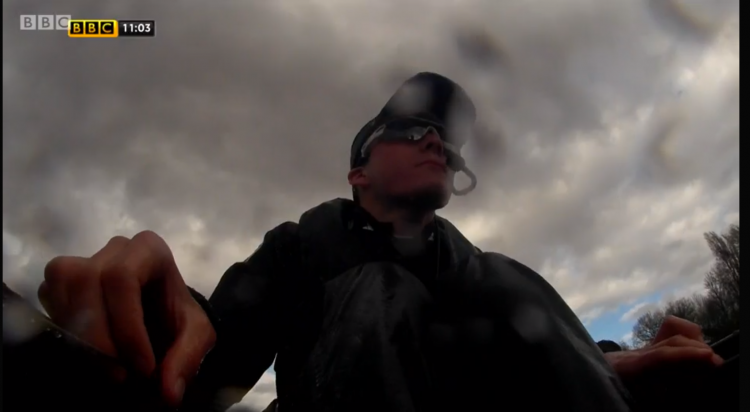

Oxford’s Sam Collier above has his little finger of his left hand controlling his hand position on the side of the boat and a very light thumb/forefinger contact on his right hand for the steering.
Cambridge cox demonstrates the little finger position on his left hand.
Cambridge’s Ian Middleton above shows the little finger on the sax board (gunwale) very clearly. His elbows rest on the flange sides of the boat to aide stability.
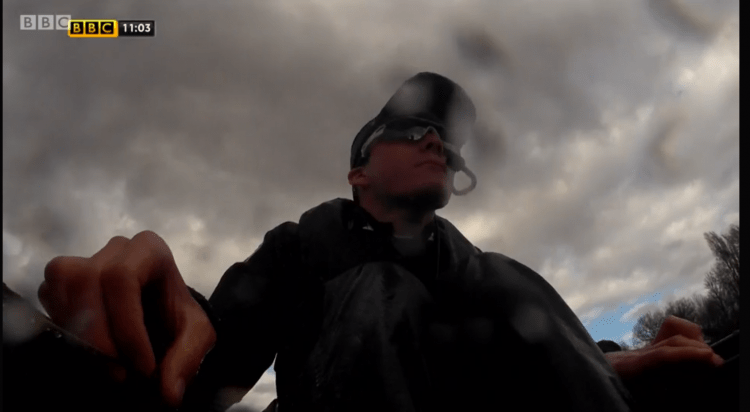
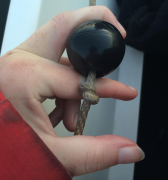




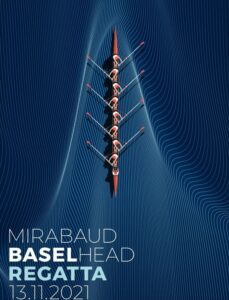
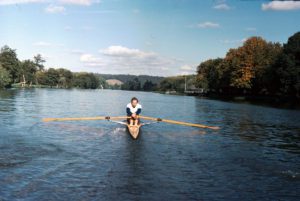

This Post Has 2 Comments
Hi, Thanks for that. Is there any info for beginner coxing on actually how to steer, ie little movements, at what part of stroke is ideal etc ?
Sure thing Sue, you can get all the answers from Coaching the Coxswain ebook by Chelsea Dommert. And Coxmate has a great free email series for beginners written by expert Coxswain Andy Probert. Top Tips for Coxswains